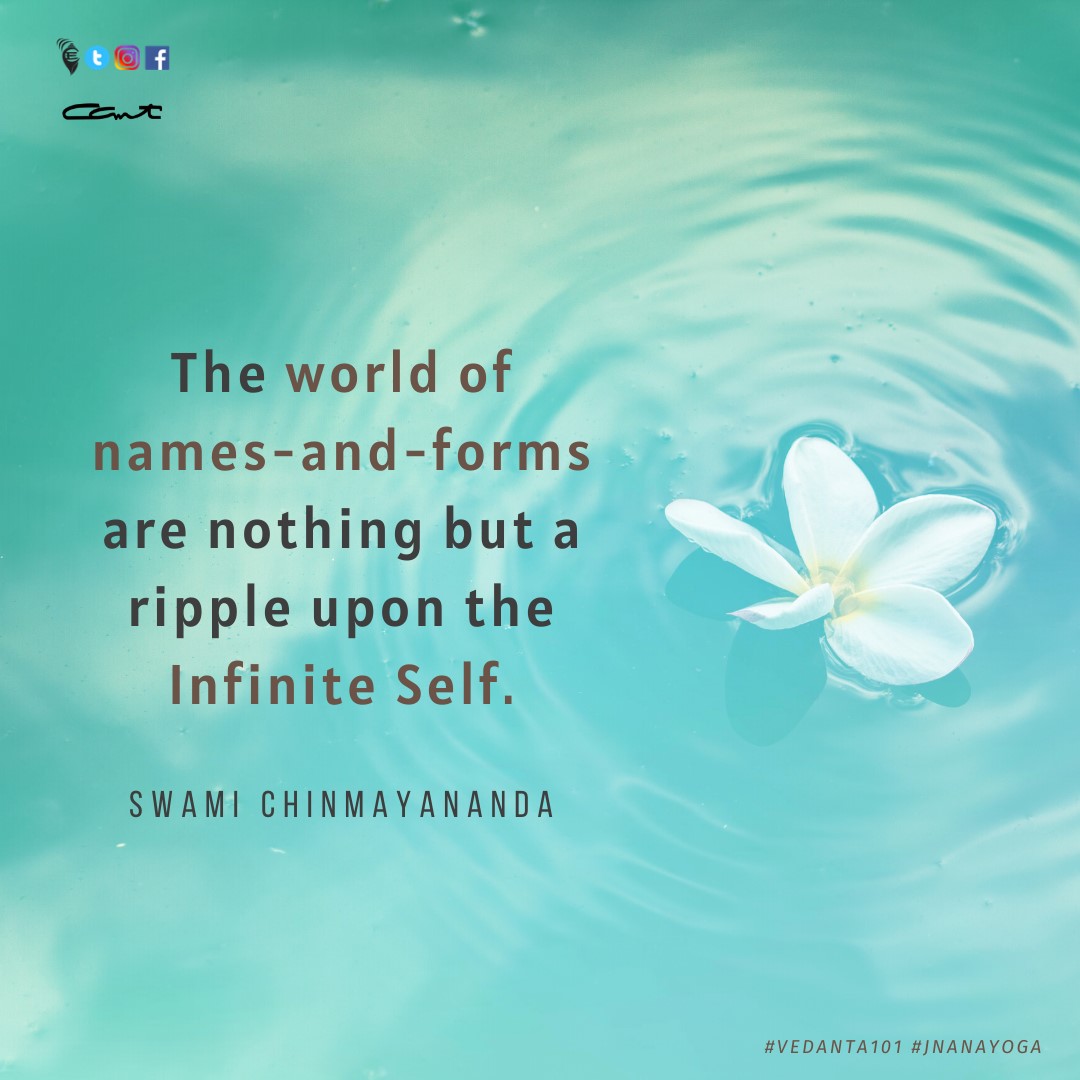KENOPANISHAD : Introductory : 1.2- Swami Krishnananda
Sunday,July 05, 2020. 7:49. AM.
INTRODUCTION-2
The Mundaka Upanishad has said that the seeker after knowledge should first investigate the worthlessness of regions which are the effect of actions performed in this world. He should get disgusted with the world through understanding and not merely through tradition. Reason should strengthen faith, logic should supplement intuition. This shall bring about perfect vairagya born of viveka. Vairagya is not possible without a previous conviction, and conviction is not possible without analytical knowledge. This power of analysis comes to a person, first through past meritorious deeds, next through Satsanga, and later through svadhyaya and vichara.
Karma and jnana - karma is a modification of the present state into another state, directed by a necessity. Every action is based on a voluntary or involuntary desire, expressed or potential. One does not move without a purpose, and every purpose is a limitation, which shows that the actor is not complete in himself. But knowledge is not an action. Knowledge is being. If knowledge is an action it should be a means to some other end, but we do not find any end to be reached beyond knowledge. Knowledge is something like attaining to oneself, which, if it is called a process, would contradict experience. One cannot reach oneself or attain oneself or move towards oneself except by knowing oneself.
A person who is asleep or dreaming may be said to be away from himself, but if he wishes to attain himself or go to himself in that imagined state of aberration, he can do it only by waking up from that dream or sleep and not by walking or moving. His body may be carried from place to place, but he will not attain to himself except by waking. Similar is the case with brahma-jnana. One cannot reach Brahman through an act, because all acts are a proceeding away from the Self. Knowledge is subsisting and not proceeding. Knowledge is not a means to an end, but the end itself. After knowing we have to do nothing, but after doing we have to know something.
This is the difference between action and knowledge.
Knowledge is, therefore, possible only after the dissolution of all actions, through hearing, reflection and meditation preceded by discriminative dispassion. This is the reason why the Upanishad has declared that the Self neither decreases nor increases through action, because action is a motion, and the Self is motionless.
To be continued ....
==================================================================






Comments
Post a Comment